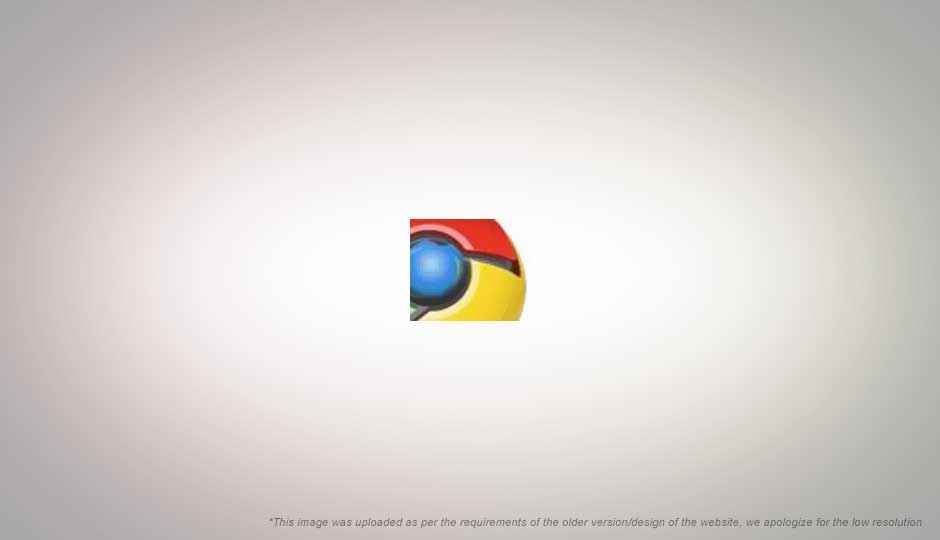Chrome OS goes 64bit; adds a hypervisor
By
Kshitij Sobti |
Updated on 07-Dec-2009

One of the advantages of any software going open-source is that in a short amount of time, you begin to see spin-off and forks, customized versions for all tastes. In less than a day after Google announced the availability of Chrome OS source, there were already builds which were floating around the internet.
Since then we have seen many other build of Chrome OS become available. A build by “Hexxeh” trimmed down the space requirements of the OS — which required at least a 4GB pendrive — and made is possible for people with 1GB pendrives to test out the OS. We have also seen a build by Dell for their Mini 10v.
Google might have intended for Chrome OS to be a lightweight operating system for netbooks, but the community need not restrict themselves to that. Now we are beginning to see some interesting Chrome OS spin-offs.
ChromeiumOS64 is an interesting new Chromium OS based project, which ports the code to 64bit platforms. While the Intel Atom computers which Chrome OS will be targeting are mostly all 32bit processors, many people with 64bit Intel and AMD processors are already playing with Chrome OS, and for them this new port holds some value.
However that is not the extent of the Chromiumos64’s modifications. ChromeiumOS64 also features the popular open source Xen hypervisor! What this means is that you can add other virtual machines running other versions of Linux or even Windows to ChromeiumOS64.
The ChromeiumOS64 website allows you to download the 64bit Chromium OS build or the newer pre-alpha build which includes the Xen hypervisor. The 1GB download includes a VMWare image allows you to run it on VMWare Workstation or player. The website also includes instructions on how to run it from a pendrive, although you’ll need a pendrive of at least 16GB for this one, or better, a portable HDD if you want to have many virtual machines with different operating systems. The website also includes instruction for how to create a Fedora 11 or Windows XP VM run it in the included hypervisor.
What might be the use of this? Well, a version of Windows running on a virtual machine on a pendrive is abstracted from the actual hardware running on the system. This means that it is an easy matter to run your own copy of Windows on any hardware since the hardware it is running on is virtualized anyway. Although it will only run well on rather powerful machines. But then that’s what ChromeOS is for!
